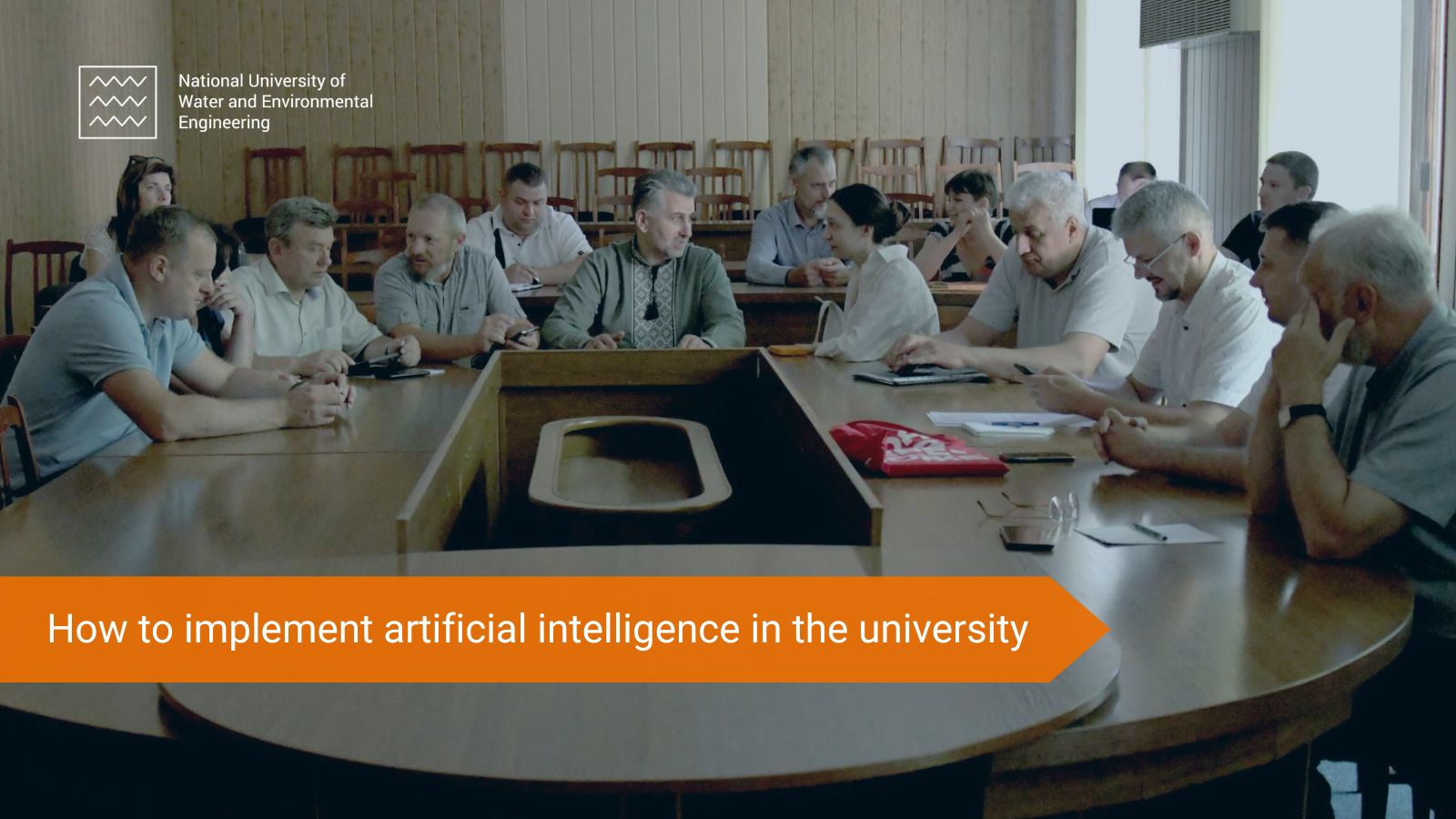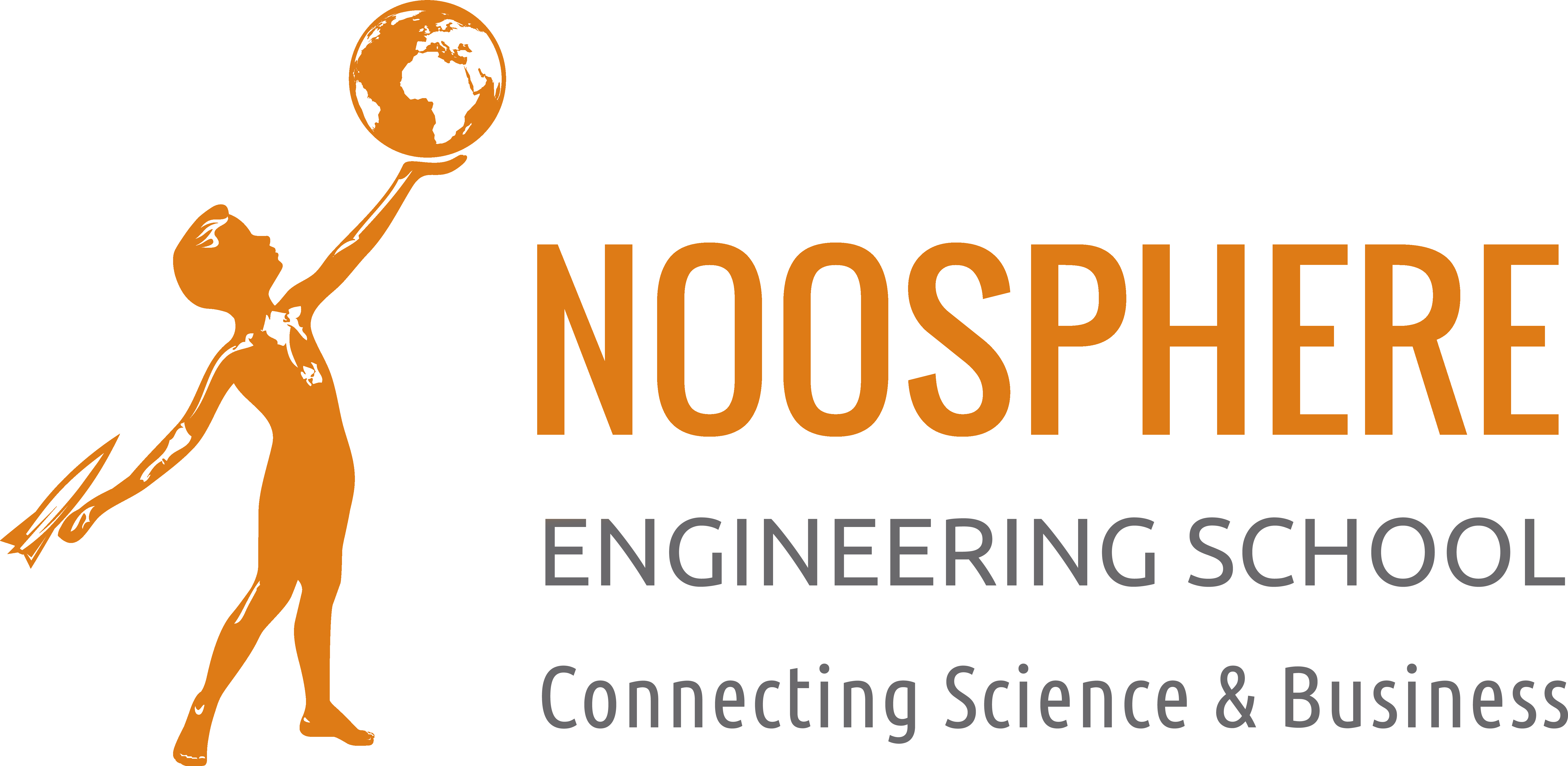A round table "Digital transformation of the university in the context of the development of artificial intelligence" was held in the conference hall of the NUWEE.
Oleksandr Krakovetskyi was the speaker of the event. Oleksandr is the co-founder and head of the software development company DevRain, which is a partner of Microsoft, as well as the co-founder and technical director of the social startup Donor UA - the largest platform for blood donors in Ukraine.
Oleksandr graduated from Vinnytsia National Technical University, where he received a candidate’s degree of science in "Information Technologies". He started working as a developer and worked his way up to software architect. He specializes in the development of automated control systems and is a recognized international expert in the field of artificial intelligence.
The main message of the meeting is how to implement and correctly use ChatGPT in education, in particular at the university.
From February 2023, ChatGPT started working in Ukraine - artificial intelligence created by the OpenAI company based on the GPT-3.5 architecture. It can provide answers to various questions, help solve tasks and provide information on various topics, generate text, make calculations, provide explanations, help with learning and much more. Now this tool is widely used in various spheres of life.
"The use of AI in education opens up both new opportunities for all participants in the educational process, and poses challenges and threats to them. At the same time, artificial intelligence is a great tool that can help the university become more innovative, save a significant amount of teacher and student time, and use it more efficiently, because the educational process is far behind modern technologies. The main thing is to use ChatGPT ethically and be responsible for the final results, treat it as a tool that needs to be used correctly, implement a usage policy, and remember academic standards"
We are currently working on a matrix so that everyone understands how artificial intelligence works in education.
"Yes, the implementation of ChatGPT at the university should start with organizational transformation, process texts without "normatives", sign and process data, provide them with a reference format. Next, we make an educational idealized matrix, with an understanding of the concept of data processing, Prompt engineering, with tools that you need to know and be able to use them, the next level is corporate, after that - role-based with a project manager, developer, teacher, company manager, and the highest level - industry," says Oleksandr Krakovetskyi.
The use of ChatGPT is informally prohibited, because it calls into question the entire Ukrainian educational system. Officially, this prohibition is not yet written in the methods or regulations on academic integrity. And currently there is no tool that would recognize who wrote the text: by a person or by artificial intelligence. However, Oleksandr still shared his personal life hacks in this regard at the discussion.
Now artificial intelligence technologies are becoming a part of modern education. You have to come to terms with this and continue working. There is probably no point in fighting with AI technologies, because by improving this service, others will be developed in contrast to it. On the other hand, the use of such tools as artificial intelligence will allow students to become more competitive and gain access to a wider range of knowledge, solve more complex problems, develop critical thinking, analytics, and creativity. And teachers will be relieved of certain technical routine work and free up time.
"Artificial intelligence is not another technology that is born and dies by the dozens every year. This is a fundamental paradigm shift that will become a commodity very soon," Oleksandr Krakovetskyi noted.
Natalia PARKHOMCHUK,
Public Relations Department















